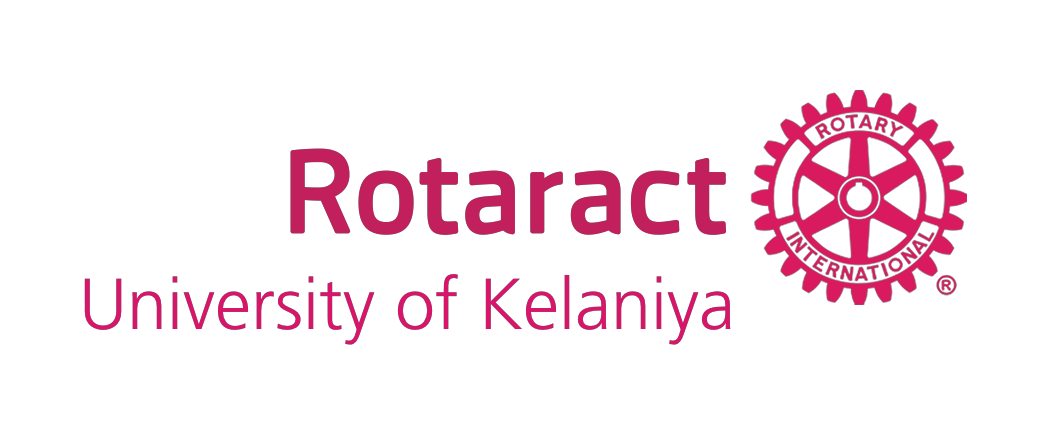Since the origin of 1988, every year World AIDS Day takes place on the first of December to battle against the stigma that surrounds HIV/AIDS, educate the masses on it while helping HIV/AIDS patients and honouring everyone who lost their lives to this epidemic. It is also a day to marvel at the heights that medicine has reached to enable people with HIV to lead normal lives in comparison to the past.

HIV or Human Immunodeficiency Virus is a virus that damages the cells in the immune system weakening its ability to fight everyday infections and disease. AIDS or Acquired Immune Deficiency Syndrome is a potentially life-threatening infection and illness that occurs due to the severe damage HIV causes to the immune system. While AIDS cannot be transmitted from one person to another, HIV can.
HIV is spread by coming into contact with the body fluids of an infected person such as semen, vaginal and anal fluids, blood and breast milk. It is a common misconception that sweat, urine or saliva also spread the virus. In most cases, HIV is contracted due to neglect of safe sex. Sharing injecting equipment and transmission from baby to mother are other ways that one can contract HIV.
Most of the time symptoms of HIV include a short flu-like illness two to six weeks after the infection, which lasts for a week or two. After these symptoms disappear, HIV may not show any symptoms for years, while the virus continues to wreak havoc on the immune system. This means many people with HIV can go undiagnosed and unknown to their condition.

Hence it is of paramount importance to practice safe sex whether it is using condoms or verifying the health of the individuals one engages in penetrative sex with. Getting regularly tested after engaging in unsafe sex is a must to protect oneself and others. It is a collective responsibility to test oneself and not be an agent of HIV especially, since there is a very dangerous possibility that it can be transmitted to a newborn. Sharing injecting equipment is prohibited due to the risks of HIV and many more. One should be careful to see if such cases happen and put an end to it before a disaster strikes. Unfortunately, there is no cure for HIV as of today. However, effective medical treatments and early diagnosis of HIV help people not develop any AIDS-related illnesses and enable them to live a near-normal lifespan.
On World AIDS Day one can take time to be educated about HIV/AIDS and wear a red ribbon to show awareness and support for people living with HIV!




